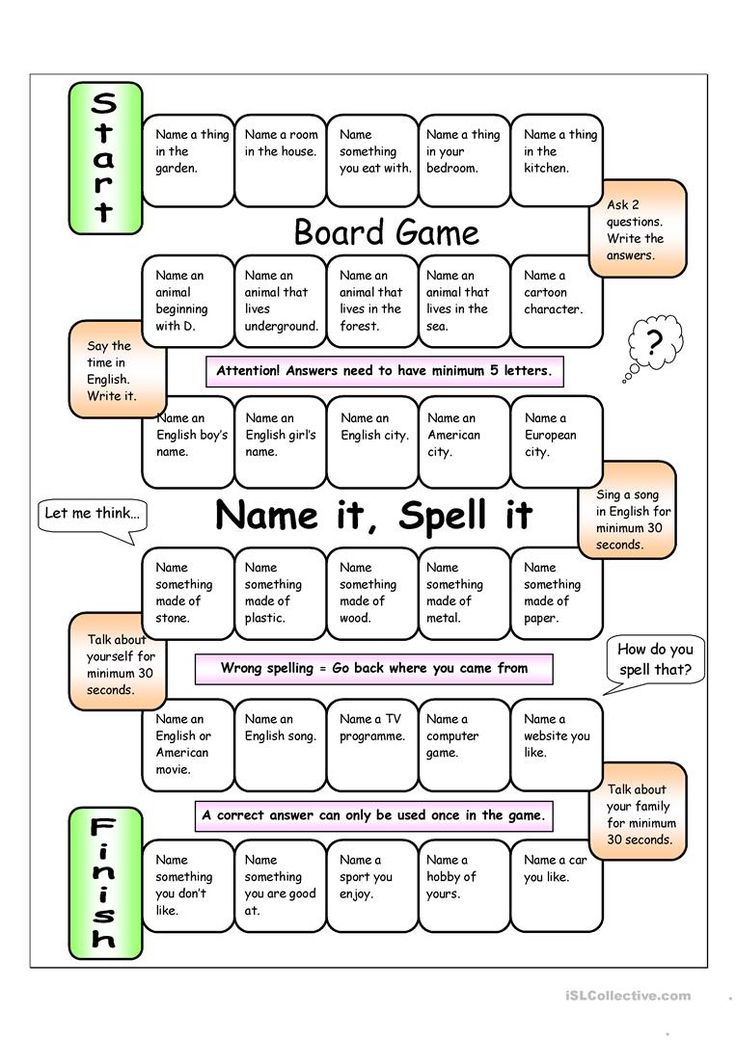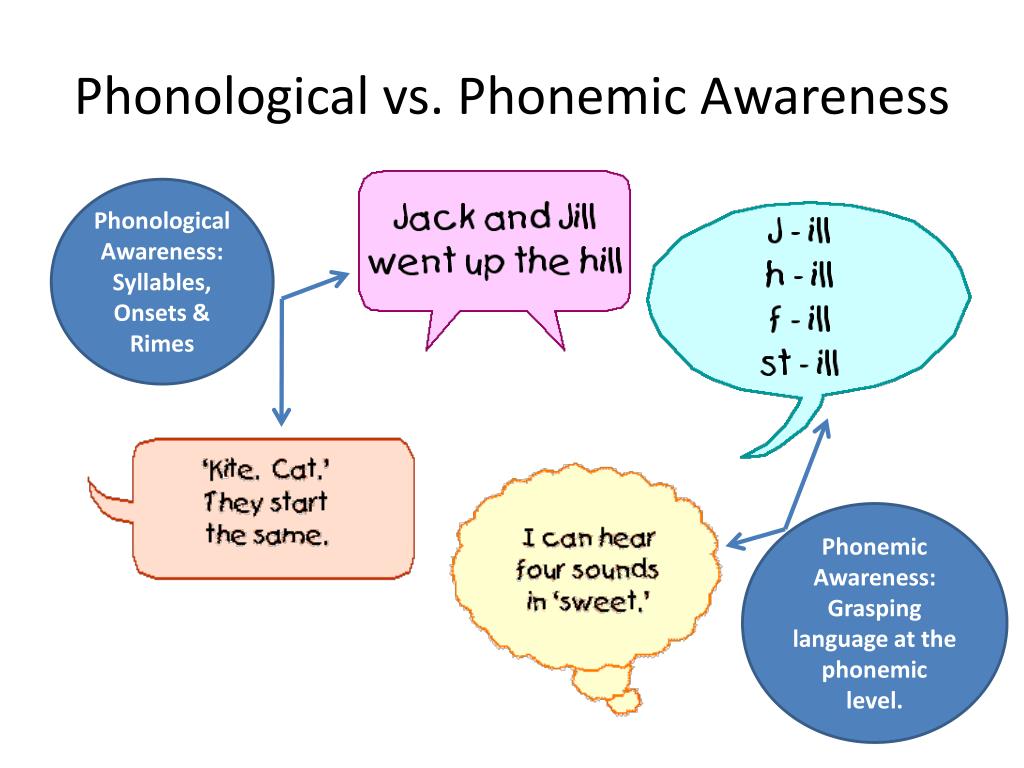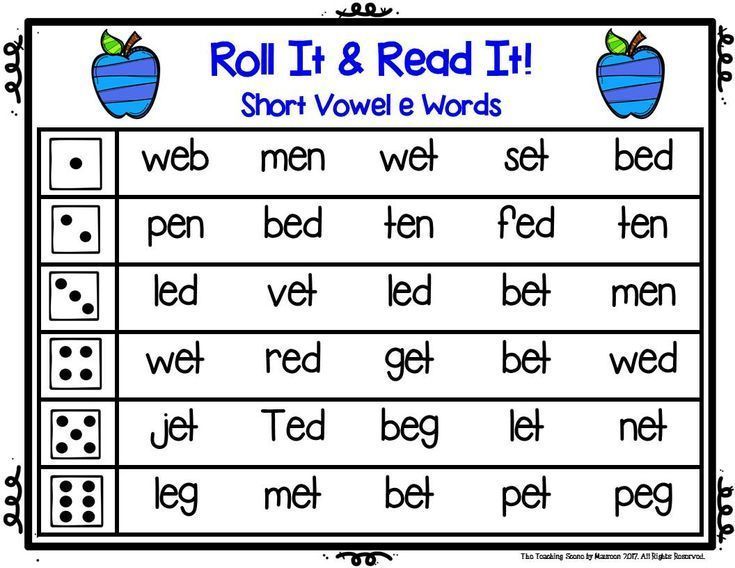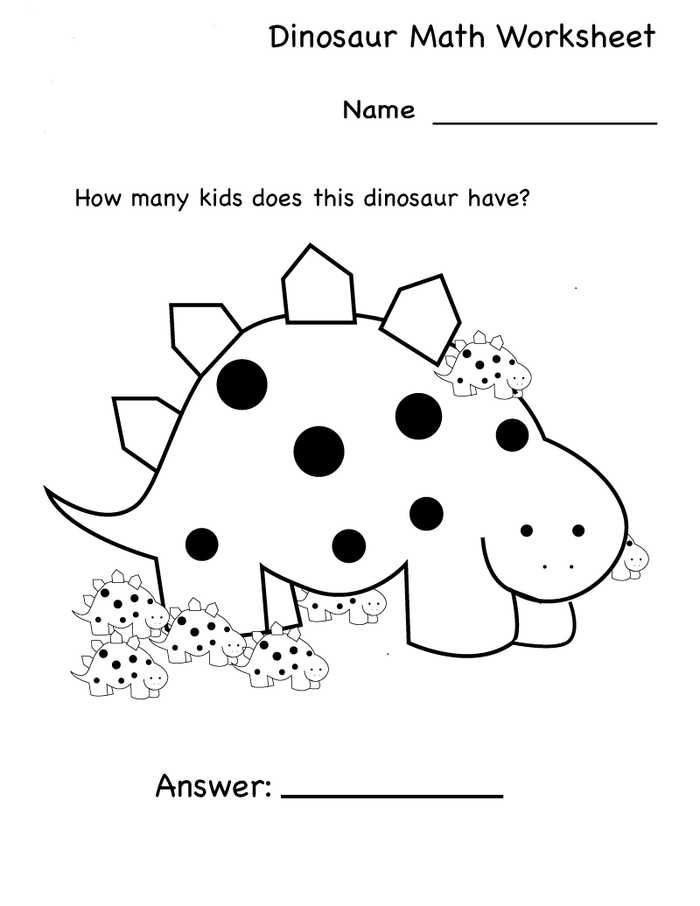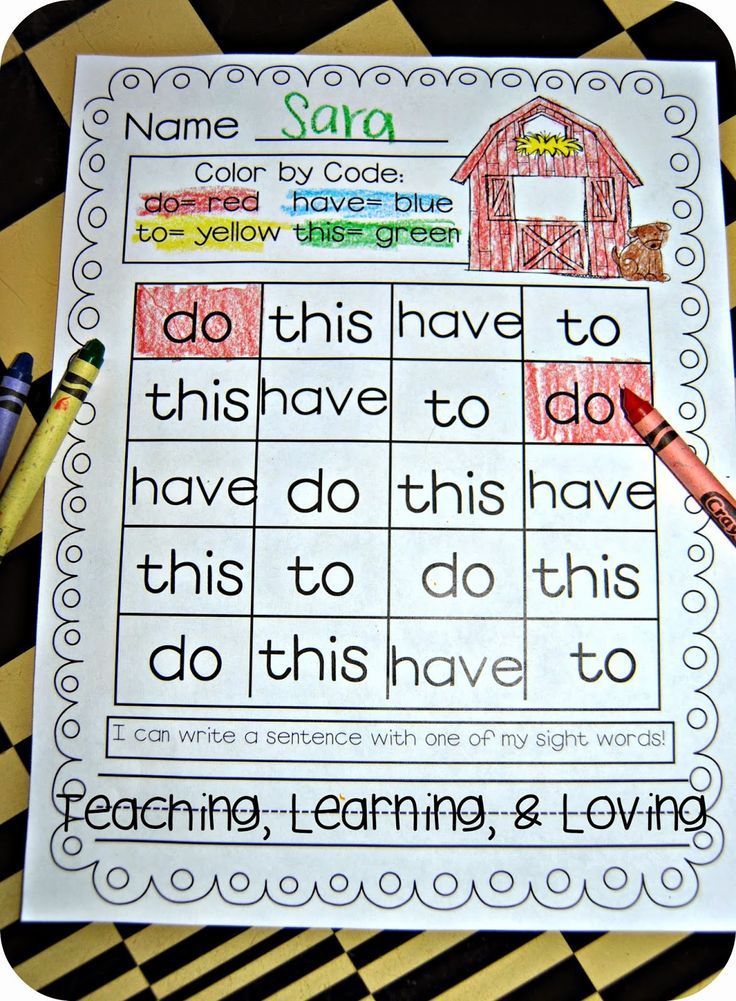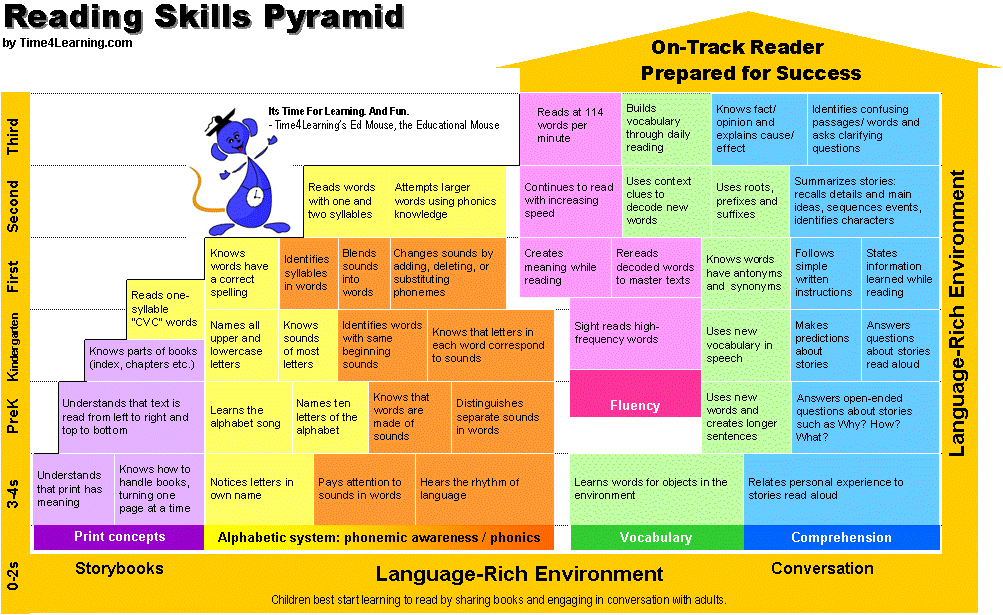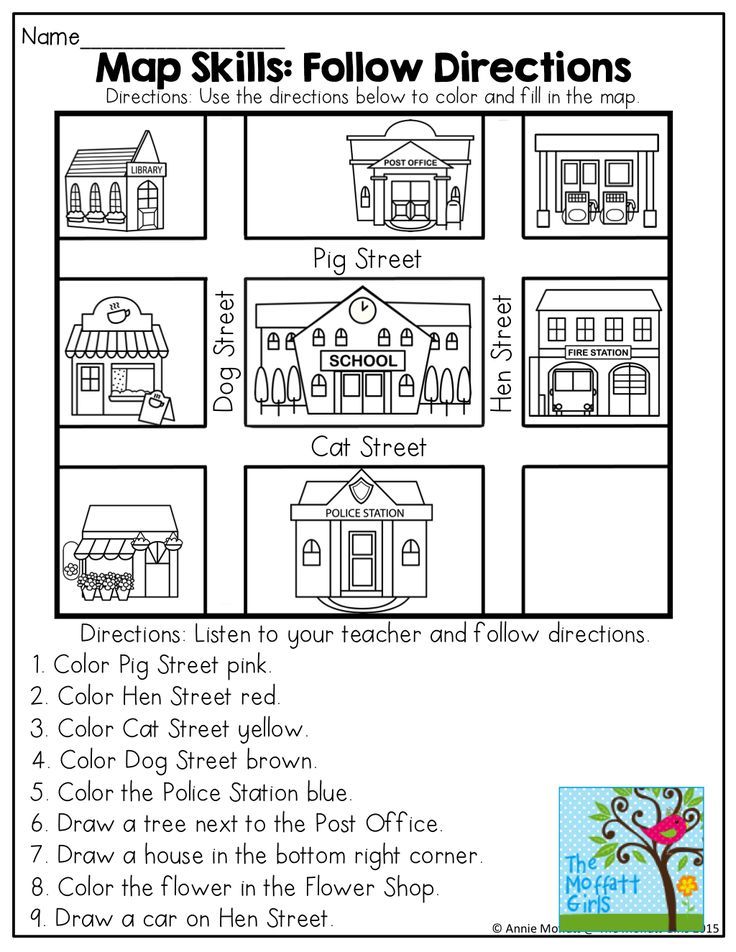How to spell development
The Stages Of Spelling Development: A Guide For Parents
From scribbled stories to made-up words, a child’s first steps in writing are exciting! But it takes time to become a proficient speller. There are five stages of spelling development your child will progress through as they go from emergent “invented” spelling to accurate “dictionary” spelling.
The Stages Of Spelling Development
Precommunicative Stage
At the precommunicative stage of spelling development, children lack an understanding of letter-sound correspondence.
This means that the relationship between written language (the letters of the alphabet and how they combine to make words) and spoken language (vocabulary your child may already know or will eventually learn) isn’t yet clear to your child.
Your child may show a substantial interest in learning how to read and write, though. They’re probably at the height of their scribbling craze! Their stories and drawings may be full of color, but not so many letters.
The good news: this is a positive first step for children! Even if their scribbling may not be legible to us, it demonstrates that they have an understanding of what writing does — expresses and communicates their ideas.
In that way, even if their drawings and scribblings look similar to us adults, kids at this stage clearly understand the difference between the purposes of the two.
This spelling development stage may even feature some letter-learning. However, kids likely aren’t fully comfortable relating written letters to their respective sounds. That’s OK! That will happen in the next stage.
Semiphonetic Stage
The semiphonetic stage is true to its name — your child will get their first concrete exposure to phonetic learning during this time.
Initially, they’ll begin with learning how to match written letters to letter sounds. When shown letters of the alphabet, they may be able to pronounce the correct phonetic sound for each letter. For example, if they see the letter “b,” they may say “buh” for the /b/ sound.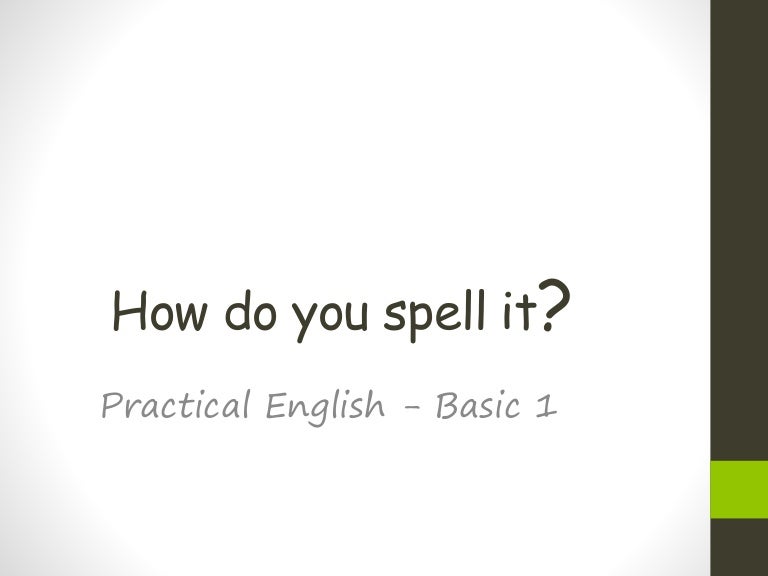
As they transition into writing, this phonetic learning will reflect in their sentences. They may even ignore vowels since they aren’t as phonetically predictable as consonant sounds. For example, they may write “i lv u” when writing out a card to family or friends.
This is nothing to worry about. In fact, it’s amazing progress! It shows that your child has a solid grasp of their phonetic letter sounds and understands how to use them in written language.
Irregular words — words that don’t sound the same way they’re spelled — may trip them up at this stage, but they’ll master those in time!
For now, praise your child for their progress. We know they’re doing a great job and will tackle those pesky silent e’s and -nd blends soon.
Phonetic Stage
The phonetic stage of spelling development is when your child’s letter-sound correspondence learning comes into full bloom, so to speak.
Consonant-vowel-consonant (CVC) words may become easier for them to learn and read as their foundation in phonetic spelling grows even more concrete.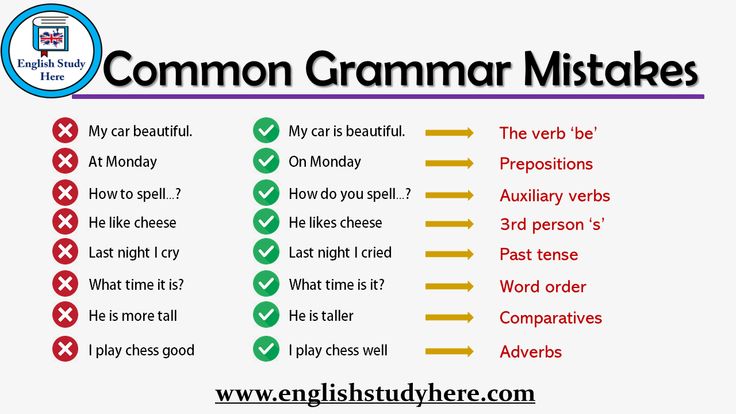
They may even begin to identify groups of letters that make certain sounds when they speak. These letters are often grouped together and make common sounds in spoken language — examples include -ing, -ly, -er, sh, and so on!
When spelling non-CVC words, kids at this stage may not abide by perfect spelling rules when branching out into those phonetically irregular words. So when they want to describe a “small truck” they may end up writing about a “smol truk.”
Again, these are perfectly normal steps in your child’s ongoing spelling development and something you both should be proud of!
Transitional Stage
With their phonetic instincts strong at this point in their spelling development, your child may have increasing success with memorizing those words that just can’t be sounded out.
Rather than relying on phonology, they may begin to notice visual cues and patterns to assist them with pronunciation and word-learning. Memorization will become a handy tool to add to their arsenal.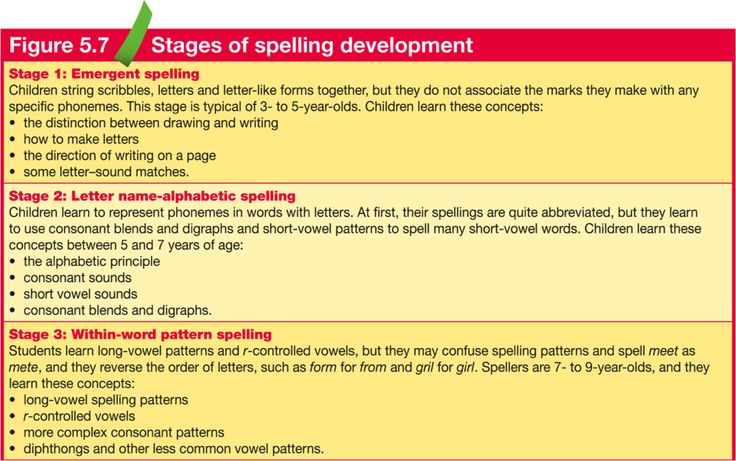
They’ll also get some practice with synonyms — this may not be intentional practice, though. During those moments when they aren’t sure how to spell a new word, they may rely on words they’re already comfortable with!
Additionally, your child may demonstrate significant progress with hearing sounds and matching them with letters, especially when attempting to spell a word for the first time. It’s normal for them to run into hiccups. For example, they may spell “surprise” as “suprize.”
Using all of the different learning methods they’ve accumulated over the course of the other stages of spelling development will help get them where they need to go!
Correct Stage
The final stage of spelling development is the correct stage. At this point, your child fully comprehends the basic rules and patterns of English spelling.
They can handle books at their reading level on their own and have a comfortable vocabulary of words that they consistently spell correctly.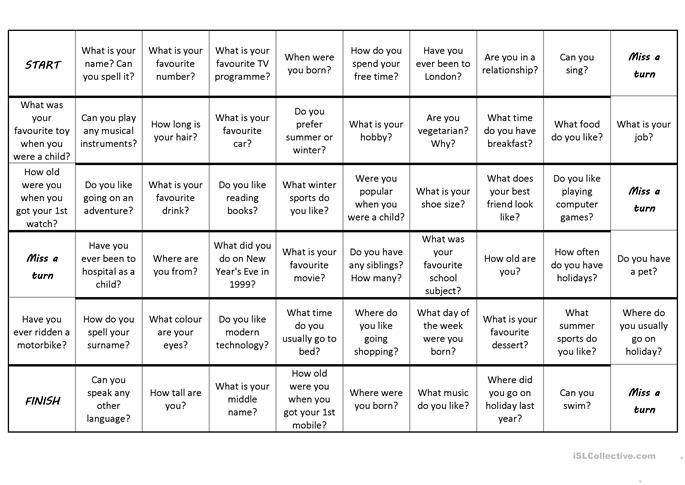
More often than not, your child can correctly assume how words are spelled after hearing them read aloud. They know how to tackle silent vowels and consonants, irregularly spelled words, and other tricky spelling tasks.
They also have the power to recognize and correct their own spelling mistakes. With a larger and more advanced vocabulary, kids in this stage are more expressive, more accurate, and more entrenched in reading than ever before!
Activities For Each Stage Of Spelling Development
Precommunicative Stage Spellers
Games that encourage an interest in learning letters and letter-sounds are great for motivating your precommunicative stage speller.
Refrigerator-magnet letters are handy for young children working through this stage. You can play scavenger hunts with them or create “pits” of letters where they try to find the letter that matches the letter sound you make.
They can also “feed” letters to their stuffed animals. You can say, “Mr.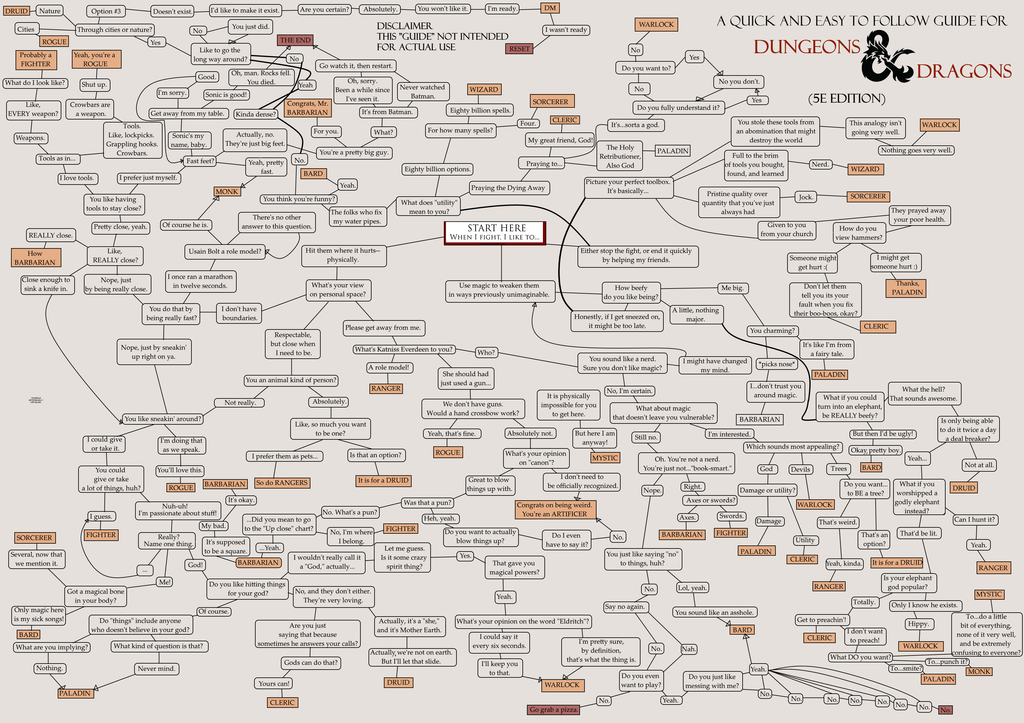 Crocodile is hungry for the /k/ sound today!” and assist them with giving the animal all the Ks in their collection.
Crocodile is hungry for the /k/ sound today!” and assist them with giving the animal all the Ks in their collection.
Alphabet puzzles that focus on letter-sound correspondence, singing the alphabet song, and other singalongs can also set your child up for a fun learning adventure that’s only just beginning!
Keeping lots of paper and crayons around will also encourage them to “write” and “draw” stories. If your child shows you something they just worked on, ask them to tell you about what they wrote.
Semiphonetic Stage Spellers
In this stage, you’ll continue to emphasize letter-sound correspondence activities to assist your child’s phonological skills. You can utilize the activities we mentioned above or explore some other letter-sound correspondence activities!
Phonetic Stage Spellers
Your child’s letter-sound correspondence practice will pay off as they move onto the phonetic stage of spelling.
There are tons of phonics games out there — including plenty on our very own Learn & Grow app — and the most successful ones will reinforce your child’s comfort level with phonetic spelling.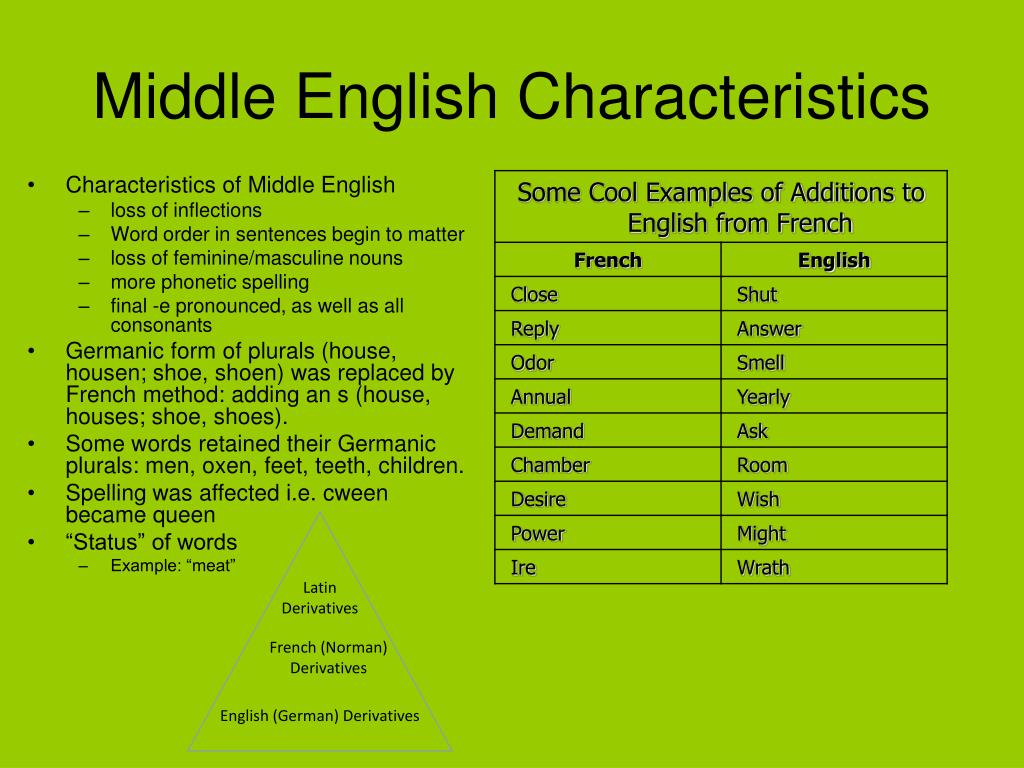
Rhyming games, for example, are an excellent way to sharpen their phonics spelling skills. You can play a “wrong word” game together.
First, you’ll start by thinking of a “rhyming” sound to focus on. For our example, we’ll use the /at/ sound. Next, tell your child three words. The catch is that one of the words doesn’t fit (rhyme) and they need to find the wrong word.
You can say, “cat, bat, and mug.” Then ask your child which word doesn’t fit. They’re sure to burst into a fit of giggles for your silly rhyming mistakes!
You might take a moment to spell out the rhyming sound so your child knows how to spell the sound they’re listening for.
Transitional Stage Spellers
For transitional spellers, the games can be kicked up a notch. You can begin to explore sight word games with your child, as well as test their knowledge of the words they already know!
One idea would be to host a fake spelling bee. You can go first to showcase how it’s done. You’ll begin to spell a word for your child. If you spell it wrong, they have to yell “WRONG!” and then “steal” your turn by spelling it correctly.
If you spell it wrong, they have to yell “WRONG!” and then “steal” your turn by spelling it correctly.
If they spell it correctly, they get a point. If they said you spelled it wrong but you were actually correct, they lose a point.
If your child doesn’t like the pressure of spelling out loud just yet, you can play a game with a ball instead. In this game, you’ll hold up two cards with alternate spellings of the same word.
Your child’s goal is to identify the correct spelling and throw the ball at that card. For every correct answer, they get a point. Don’t forget the grand prize at the end!
Correct Stage Spellers
Once your child reaches the final milestone in the stages of spelling development, you can turn to more challenging games. And there are some classic spelling games that just can’t be beaten.
For our example, we love Scrabble! It’s a celebration of spelling in and of itself! We love it for the opportunities it provides to have a blast while practicing your child’s spelling skills at the same time.
Other great games that help with spelling include Hangman, Boggle, and Bananagrams. The possibilities are endless when it comes to spelling and fun!
Mastering The Stages Of Spelling Development Takes Time
No matter what stage of spelling development your child is currently in, it takes time and patience for them to move through the different stages. But we know with lots of love and encouragement, they’ll get there before you know it.
And for those days you need a little helping hand to work with your child on their spelling development, our HOMER Learn & Grow App is ready to assist! It’s packed with personalized lessons for your child.
They’ll go at their own pace while learning how to spell — all while having a blast!
Author
Developmental Definition & Meaning - Merriam-Webster
de·vel·op·men·tal dē-ˌve-ləp-ˈmen-tᵊl
1
a
: of, relating to, or being development
developmental processes
developmental biology
broadly : experimental sense 2
developmental aircraft
b
: serving economic development
developmental highways
2
: designed to assist growth or bring about improvement (as of a skill)
developmental toys
developmentally
dē-ˌve-ləp-ˈmen-tᵊl-ē
adverb
Synonyms
- experimental
- pilot
- trial
See all Synonyms & Antonyms in Thesaurus
Example Sentences
A drop in temperature can slow the plant's developmental process.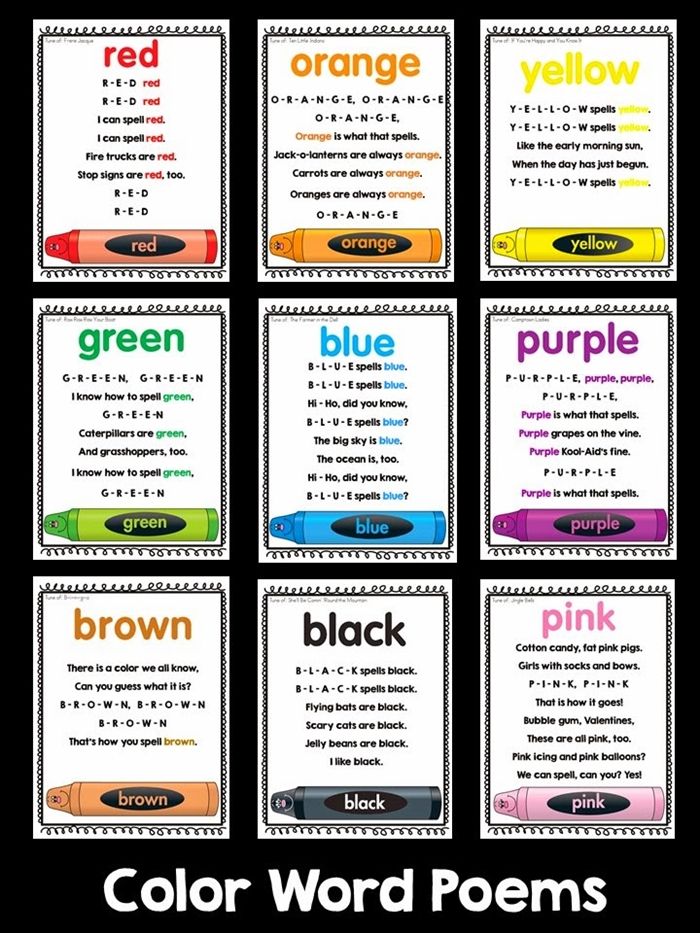 a child with developmental abnormalities My theory is still in its developmental stage.
a child with developmental abnormalities My theory is still in its developmental stage.
Recent Examples on the Web Mental health advocates in Vernon Township are optimistic that the passage of a referendum to create a mental health board will help ensure that area residents get support with their mental health, substance abuse or developmental disabilities. Gavin Good, Chicago Tribune, 18 Nov. 2022 Reporting in Arizona found that Miller years earlier in Ohio joined in the disgusting hazing of a Black classmate who had developmental disabilities.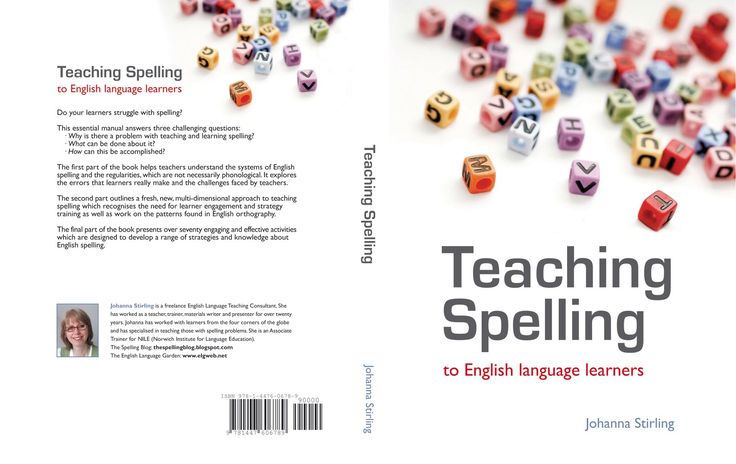 Kevin Paul Dupont, BostonGlobe.com, 5 Nov. 2022 The report released Wednesday found similar kinds of problems with spending on adults with developmental disabilities. Emily Alpert Reyes, Los Angeles Times, 27 Oct. 2022 Three Leaf's proposal would replace an earlier plan, from Bethesda Lutheran Communities Inc., for 200 affordable and market-rate apartments − including units set aside for people with developmental disabilities. Tom Daykin, Journal Sentinel, 24 Oct. 2022 Seven years ago, with the needs of their children in mind, Ara and Leslie Bagdasarian founded Solon Community Living as a nonprofit to create a community-accessible and sustainable housing option for adults who have developmental disabilities.
Kevin Paul Dupont, BostonGlobe.com, 5 Nov. 2022 The report released Wednesday found similar kinds of problems with spending on adults with developmental disabilities. Emily Alpert Reyes, Los Angeles Times, 27 Oct. 2022 Three Leaf's proposal would replace an earlier plan, from Bethesda Lutheran Communities Inc., for 200 affordable and market-rate apartments − including units set aside for people with developmental disabilities. Tom Daykin, Journal Sentinel, 24 Oct. 2022 Seven years ago, with the needs of their children in mind, Ara and Leslie Bagdasarian founded Solon Community Living as a nonprofit to create a community-accessible and sustainable housing option for adults who have developmental disabilities. Ed Wittenberg, cleveland, 17 Oct. 2022 Western Maryland Hospital Center is one of 11 facilities operated by the state health department, with a total of about 1,800 beds for psychiatric care, children and adolescents, those with developmental disabilities, and chronic care. Jenna Portnoy, Washington Post, 10 Oct. 2022 The largest remaining facility at the time, Bernalillo specialized in treating kids with autism and other developmental disabilities. Ed Williams, ProPublica, 7 Oct. 2022 But the gravy doesn’t drip down to the developmental Korn Ferry Tour, the chief pathway to the main circuit. Eamon Lynch, USA TODAY, 24 Aug. 2022 See More
Ed Wittenberg, cleveland, 17 Oct. 2022 Western Maryland Hospital Center is one of 11 facilities operated by the state health department, with a total of about 1,800 beds for psychiatric care, children and adolescents, those with developmental disabilities, and chronic care. Jenna Portnoy, Washington Post, 10 Oct. 2022 The largest remaining facility at the time, Bernalillo specialized in treating kids with autism and other developmental disabilities. Ed Williams, ProPublica, 7 Oct. 2022 But the gravy doesn’t drip down to the developmental Korn Ferry Tour, the chief pathway to the main circuit. Eamon Lynch, USA TODAY, 24 Aug. 2022 See More
These example sentences are selected automatically from various online news sources to reflect current usage of the word 'developmental.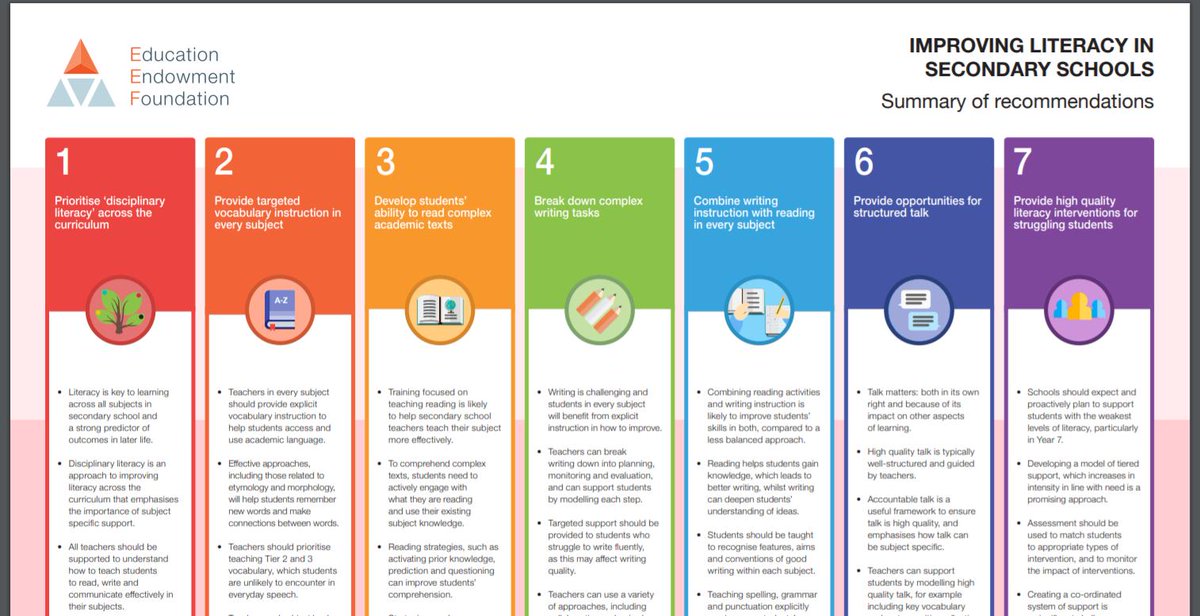 ' Views expressed in the examples do not represent the opinion of Merriam-Webster or its editors. Send us feedback.
' Views expressed in the examples do not represent the opinion of Merriam-Webster or its editors. Send us feedback.
Word History
First Known Use
1849, in the meaning defined at sense 1a
Time Traveler
The first known use of developmental was in 1849
See more words from the same year
Dictionary Entries Near
developmentaldevelopment
developmental
developmental biology
See More Nearby Entries
Cite this Entry
Style
MLAChicagoAPAMerriam-Webster
“Developmental.” Merriam-Webster.com Dictionary, Merriam-Webster, https://www.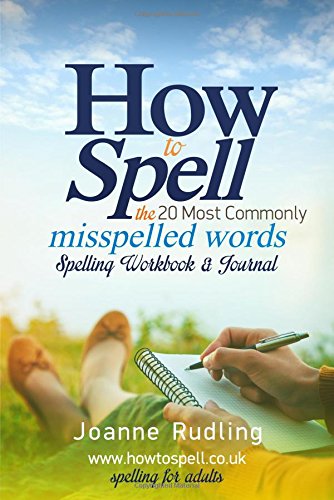 merriam-webster.com/dictionary/developmental. Accessed 26 Nov. 2022.
merriam-webster.com/dictionary/developmental. Accessed 26 Nov. 2022.
Copy Citation
Kids Definition
developmental
de·vel·op·men·tal -ˌvel-əp-ˈment-əl
: of or relating to development
developmentally
-əl-ē
adverb
More from Merriam-Webster on
developmentalNglish: Translation of developmental for Spanish Speakers
Britannica English: Translation of developmental for Arabic Speakers
Last Updated: - Updated example sentences
Subscribe to America's largest dictionary and get thousands more definitions and advanced search—ad free!
Merriam-Webster unabridged
“Flying” or “developing”: which is correct?
There are many verbs in Russian that are spelled differently but sound the same (homophones).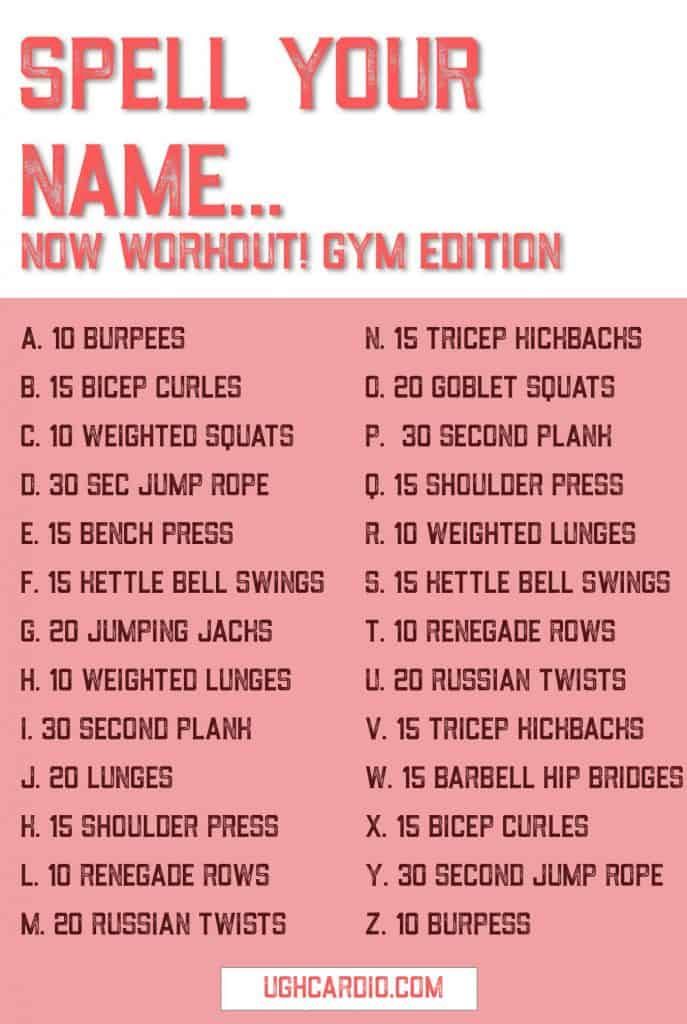 These words include “fluttering” or “developing”. Not everyone understands with which vowel, “e” or “and”, these lexemes should be used in written speech. Or are there two options? Let's determine together which form corresponds to the spelling rule.
These words include “fluttering” or “developing”. Not everyone understands with which vowel, “e” or “and”, these lexemes should be used in written speech. Or are there two options? Let's determine together which form corresponds to the spelling rule.
Read the article
- What is the correct spelling?
- Morphemic analysis of the words “flutters” and “develops”
- In what cases the word “flutters” is written
- The meaning of the word “flutters”
- Sample sentences
- In what cases the word “develops” is written »
- Sample sentences
- Wrong spelling of the words "flutters" and "develops"
- Conclusion
How to spell correctly?
In modern dictionaries, two forms are recorded - “flutters” and “develops”.
Often these words are interchanged, but this is not the way to do it. Errors occur due to the fact that the doubtful vowel is in an unstressed position in the root, because the stress falls on the suffix.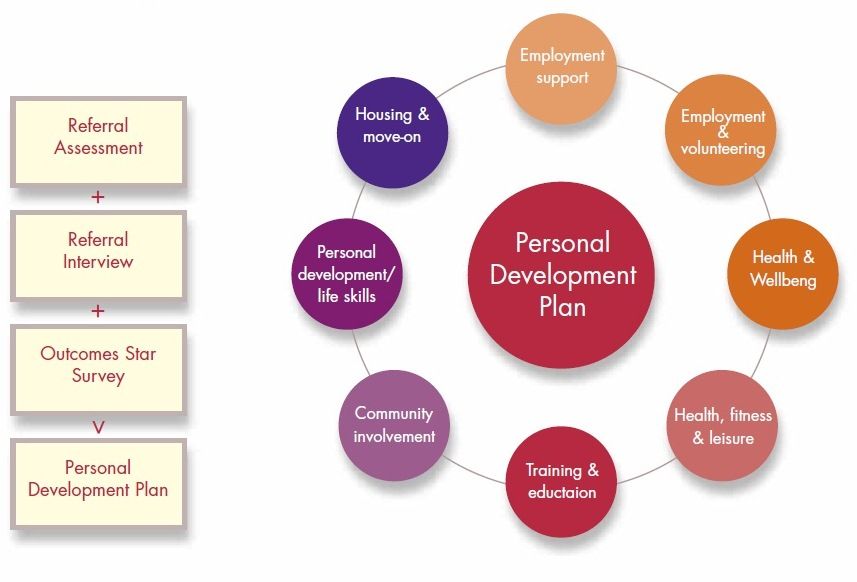
Let's understand which of the words is appropriate to write in this or that sentence, if we carefully study the context, perform morphemic analysis and correctly determine the lexical meaning of each of the lexemes.
Morphemic analysis of the words “flutters” and “develops”
Let's see what morphemes the analyzed verbs differ by analyzing them by composition.
So, let's perform a complete morphemic analysis of the verb “flutters”:
flutters
- “raz” is a prefix;
- "ve" - root;
- "va" - suffix;
- "et" - ending;
- "sya" - postfix.
Let's single out the basis - "razveva".
Let's isolate the following morphemes in the word "develops":
develops
- "raz" - the root;
- "vi" - root;
- "va" - suffix;
- "et" - ending;
- "sya" - postfix.
Let's refer to the basis - "development".
As you can see, the verbs we are interested in have different roots – “ve” and “vi”.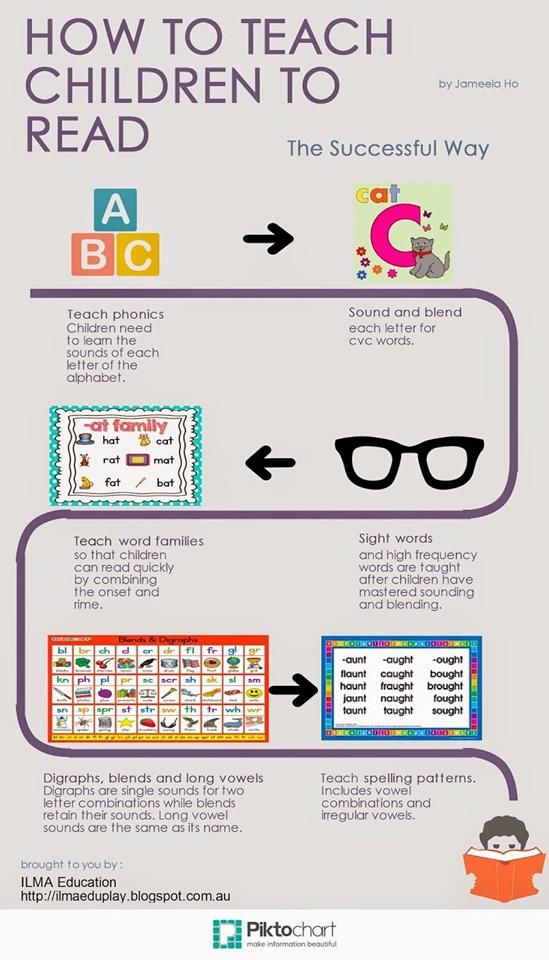
In what cases is the word “fluttering” written?
The initial form is “fluttering” (imperfect form). You can check the spelling of this word using the lexeme "winnow".
The meaning of the word “flutters”
If we open the dictionary, we will see that the verb has several basic lexical meanings:
- Flutter, sway in the wind; sway in the wind.
- Dispersible by wind or air.
Sentence Examples
Consider sentences that use the word "flutters" to reinforce the above rule:
- In the cartoon, my favorite character's cape always flutters.
- Some incomprehensible rag flutters on the roof of a neighboring house.
- Yegor's shirt flutters in the wind, but he still continues to move forward.
- Elizabeth descends the stairs with a long red train flying behind her.
- In this picture we see a beautiful black horse. Her tail flutters in the wind.
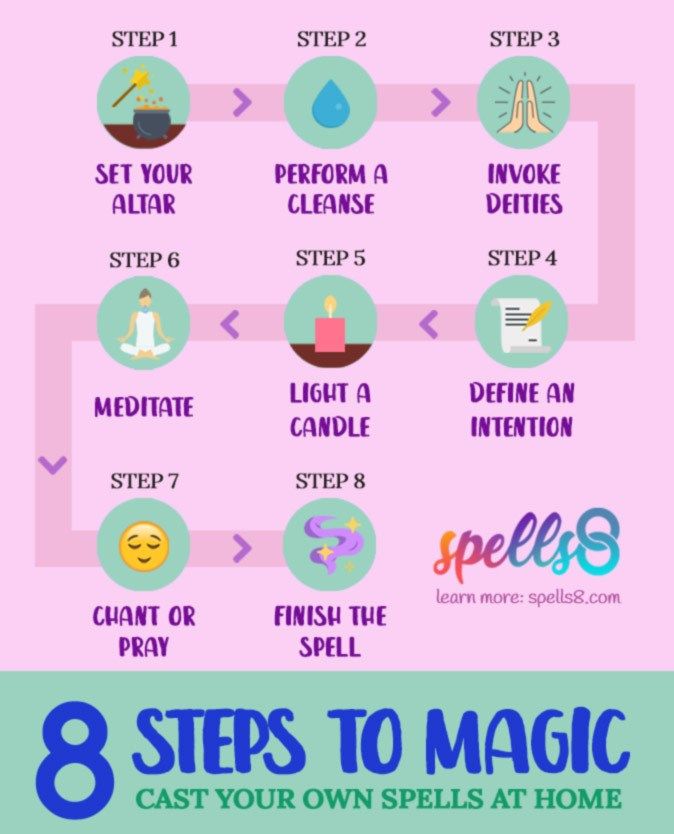
- Nazar watched for a long time as the transparent fabric fluttered in the wind and fell to the ground.
- Tatyana Ivanovna is standing on the deck with a blue silk scarf fluttering behind her shoulders.
- We woke up before everyone else and saw that a red flag was flying over the army tent.
In what cases is the word “developing” written?
The initial form is “developing” (imperfect form). Confirms the spelling of the test word "development".
The meaning of the word “develops”
In the text, the verb “develops” is used in two main meanings:
- Straighten, unwind.
- Improve; be in the process of development.
- To become deeper (in its content).
Sample sentences
Consider the contexts in which the form of the verb “develops” is presented:
- Now my father's business is developing successfully, but it was not always so.
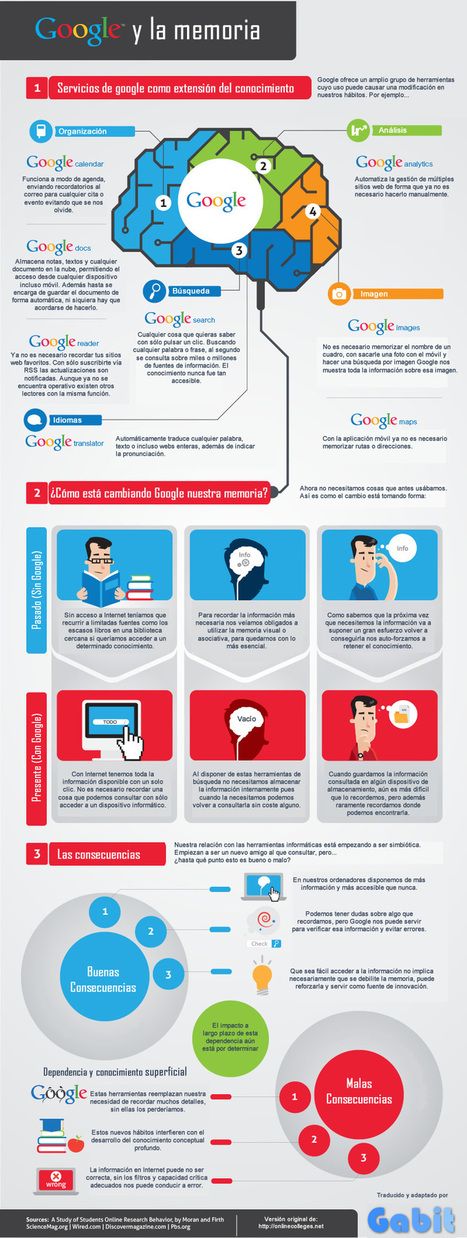
- The project launched last year is developing.
- Nadezhda is constantly developing: she attends various courses, reads a lot and learns foreign languages.
- Unfortunately, my grandmother's illness is developing rapidly.
- Everyone at work treats Dmitry Petrovich with respect, because he is rapidly developing professionally.
- Despite health problems, Mitya is developing well physically.
- The doctor said that because of the lack of iodine, chronic fatigue develops.
- According to experts, today the sale of all kinds of gadgets is actively developing.
Misspelling of the words "flutters" and "develops"
It is illiterate to replace verbs with each other without considering their meaning. Incorrect - “develops”, “roars”, “develops”, “flutters”.
Conclusion
So, the two verbs “flutters” and “develops” are considered normative and can be used in writing.
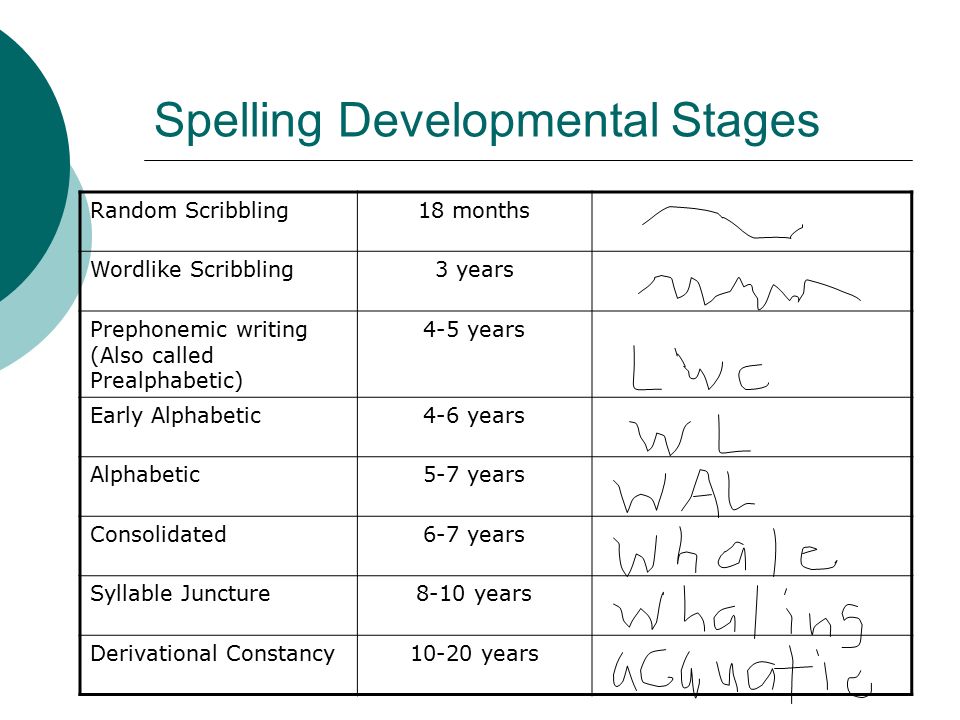
However, they differ in lexical meanings, so they should be used in the appropriate context.
Let's remember a simple rule:
- write "flutters" if the sentence refers to swaying in the wind, air;
- we will choose the form “developing” if in the text this verb expresses the meaning “to be in the process of development, improvement”.
It is also recommended to check the spelling in the spelling dictionary.
Speech development of a 1 year old child
How to start speech in a child at 1 year old? Scientific studies show that the emergence of speech depends not only on the maturation of the necessary parts of the brain, but also on the environment in which the child is brought up. Knowing the characteristics of the baby, parents can create the right environment for him and help overcome the difficulties with early speech development.
Features of speech development of children of 1 year of age
In the first months after birth, the child carefully listens to his parents and other adults around him.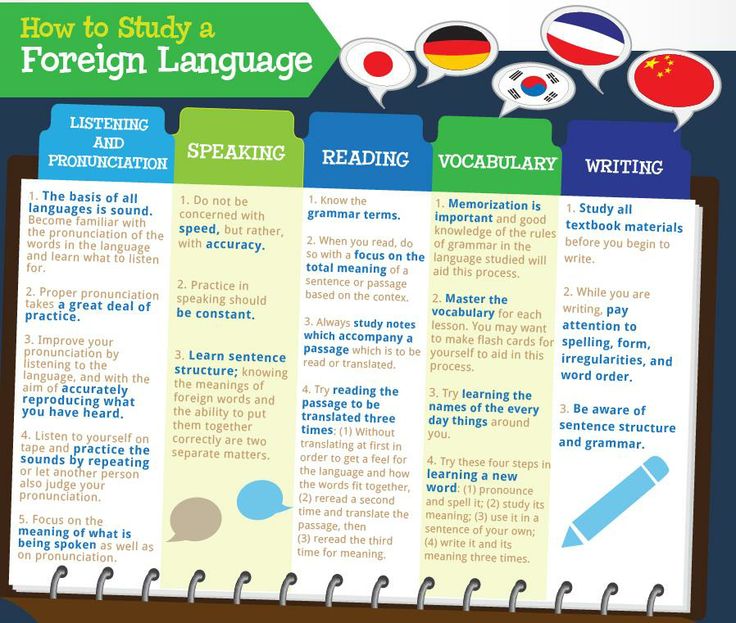 Gradually, he learns to distinguish the voices of different people, turns his head to the sound when they talk to him.
Gradually, he learns to distinguish the voices of different people, turns his head to the sound when they talk to him.
At first, the child masters the pronunciation of vowel sounds, then, by about 4 months, the first consonant sounds appear, and the baby begins to walk.
At the age of 6-12 months, the child is already actively imitating the sounds of the speech of adults. He begins to babble, pronounce the syllables "pa-pa", "ma-ma". At 10 months, he begins to respond to his name. By the age of one, the child begins to pronounce simple words (mom, dad, give, on).
Vocabulary at this age
The norm of speech development of children of 1 year is a vocabulary from 3 to 20 words. In addition, the baby begins to understand requests to give or show something. At a year old, he begins to pronounce simple words that he constantly hears, then begins to pronounce adjectives. To attract attention, the baby during this period uses gestures and sounds.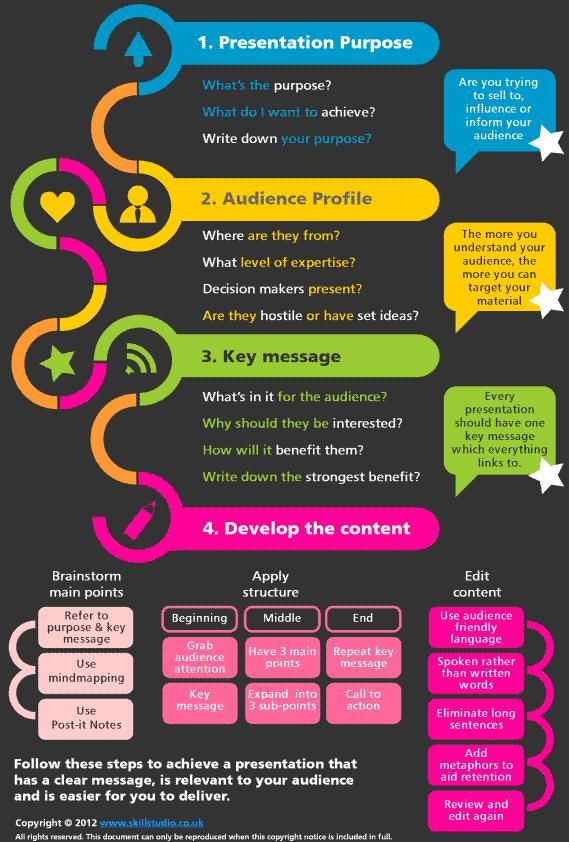
He skips complex combinations in speech, pronouncing the words in a way that suits him (for example, instead of “bad”, he says “groin”).
From the age of one, a child moves more, moves independently and begins to actively accumulate knowledge about the world around him. His vocabulary is actively replenished. Up to a year and a half, the baby uses only 30-40 words, and by the age of two, he already has 300-400 words in his arsenal.
Phonetics
By three to four months, the baby begins to make conscious sounds. At this time, vowels predominate, then consonants gradually begin to be added to them. The first syllables appear (for example, "gu"). Starting from 8 months, the first open syllables "ba-ba", ma-ma appear in speech.
What helps to develop the speech of a child at 1 year old
How to develop speech in a one-year-old child? In the first years of life, the basis for obtaining information about the world around us is the sensory channel (hearing, sight, smell, taste, touch).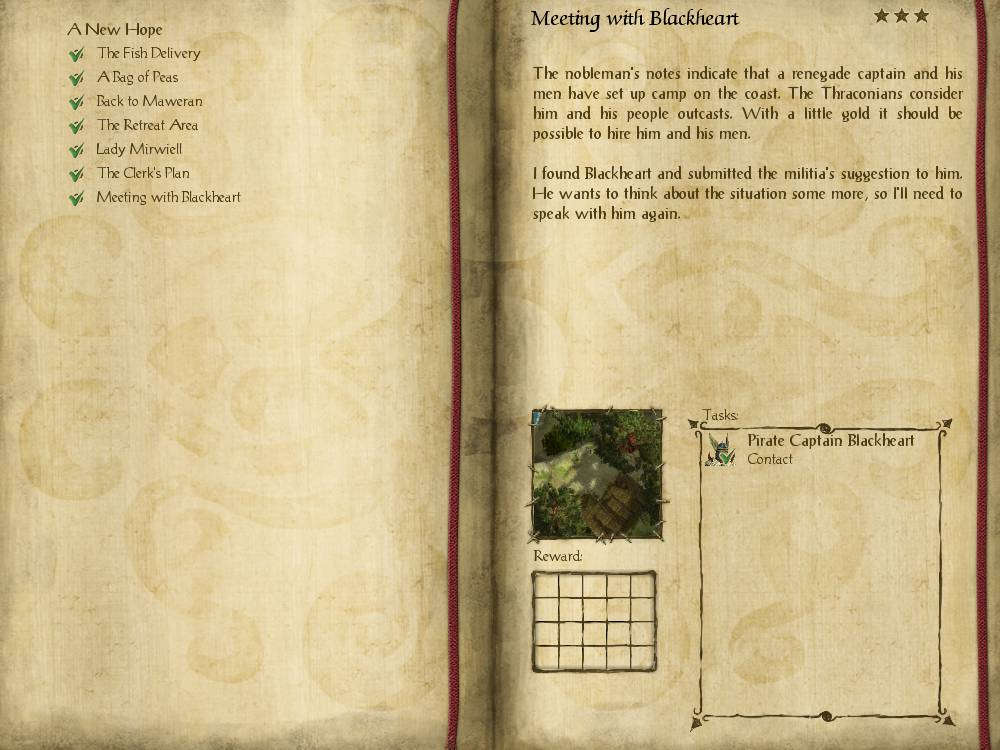
Touch . In the first months of life is the main feeling. Therefore, the baby needs to be stroked more often, touch him, do massage, gymnastics, let him touch toys of various textures and shapes. Thanks to such contacts with the external environment and the training of touch, the child's body forms knowledge about itself, its sensations, which will be useful to it in its further development.
Vision . A child from the first months of life should be interested in surrounding objects. He must learn to focus his vision, to keep his attention on various objects. To do this, you can hang colored bright objects (toys, balloons) above the baby's crib. When the child grows up, the arsenal of environmental objects begins to be replenished with toys. In addition, the baby receives visual sensations while walking and being outside the home.
Rumor . The child should be given as much information as possible, which he can perceive through the organs of hearing.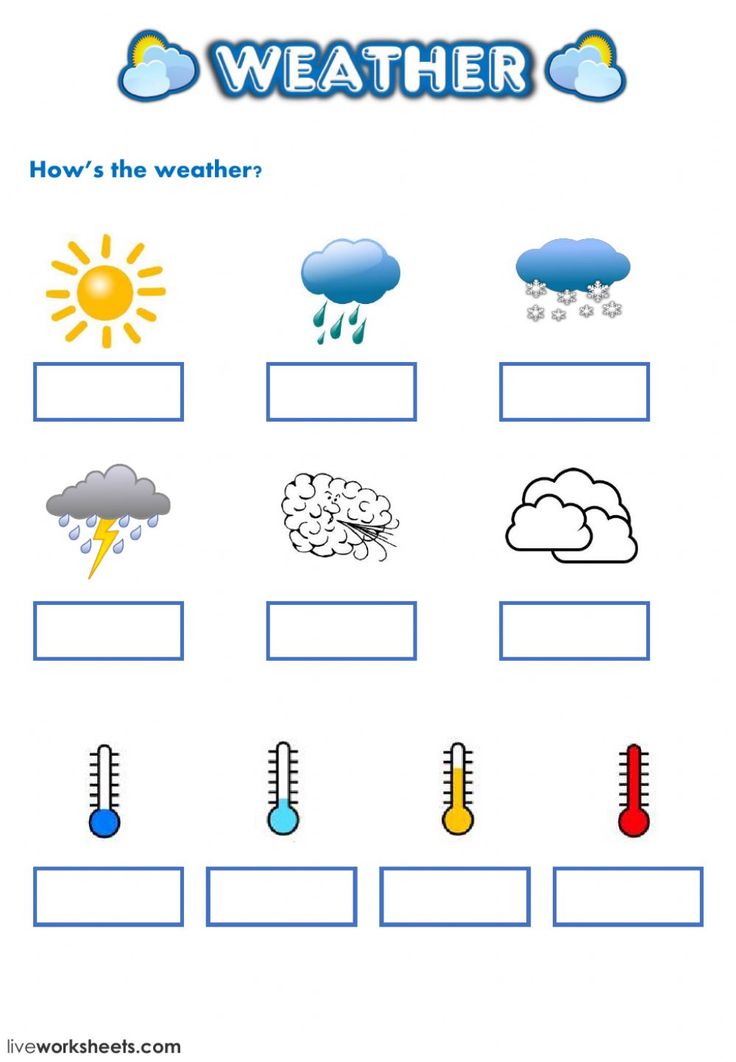 It can be good music, sounds of nature, street noise and, of course, the speech of loved ones. You need to constantly talk with the baby on a variety of topics. For most mothers, this comes naturally when they verbalize their activities (bathing, swaddling, feeding, etc.). You also need to point to objects and voice their name. When a child begins to walk, it is necessary to respond to his sounds and "keep the conversation going."
It can be good music, sounds of nature, street noise and, of course, the speech of loved ones. You need to constantly talk with the baby on a variety of topics. For most mothers, this comes naturally when they verbalize their activities (bathing, swaddling, feeding, etc.). You also need to point to objects and voice their name. When a child begins to walk, it is necessary to respond to his sounds and "keep the conversation going."
Taste . Mother's milk, juices, water, food (first pureed, then solid) - a variety of tastes burst into the mind of the child. Gradually expanding the range of products in the diet, you expand the taste sensations of the baby, forming food addictions. By the way, it has been established that the earlier the baby gets acquainted with the basic tastes, the less picky he will be in food at an older age.
Gross motor skills . This is a movement of large muscle groups (arms, legs, body). From the first months of life, you need to motivate the child to move more. If you are swaddling a baby, then you need to leave enough time so that he can jerk his legs and arms. When he grows up a little and begins to move around the house on his own, you will need to create a safe space so that the baby does not get hurt.
Fine motor skills (movements of fingers, hands). It is known that fine motor skills and speech are closely related. This is due to the proximity of the location of motor and speech centers in the brain. Therefore, stimulation of fine motor skills always has a positive effect on the formation of speech.
Examples of games/exercises for the development of the speech of a 1 year old child
When a child begins to speak the first words, he himself likes it very much. To help the baby speak as quickly as possible, you need to communicate with him more often. The baby understands speech on an emotional level, so you need to talk to him expressively. Bathing, feeding, massage and all other actions must be accompanied by affectionate words.
Call the child by name, tell him the names of the surrounding objects, praise him, repeat the first sounds that he utters.
When the baby gets older, it is recommended to talk to him in clear and simple sentences. You need to try to keep the conversation going, ask leading questions, gradually increase the duration of the conversations.
The following games, exercises and activities contribute to the rapid development of speech:
1. Singing, reading books. It is extremely useful to read books to the baby, show bright, attention-grabbing pictures. This develops memory, sound and visual perception, helps the child memorize new words. The joint learning of songs and short rhymes for a one-year-old child for the development of speech not only improves the pronunciation of sounds, but also strengthens the emotional connection between parents and the child.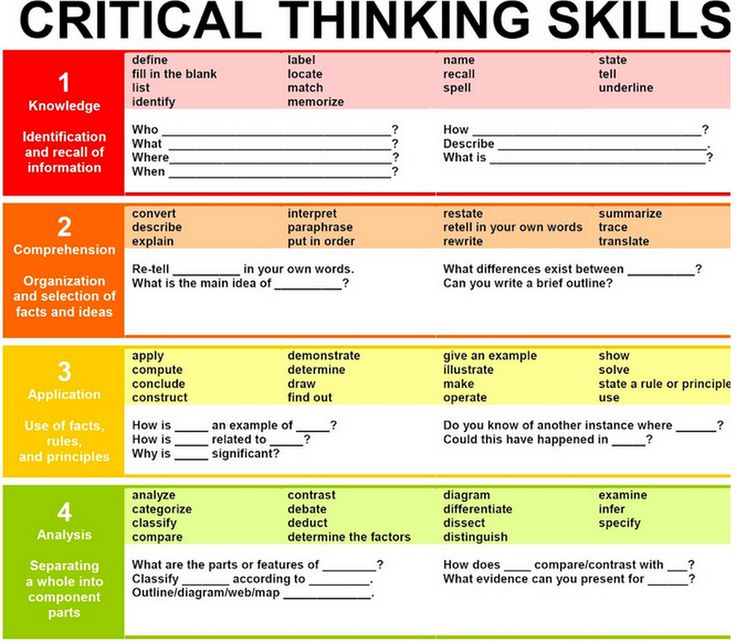
2. Development of fine motor skills. To do this, the child needs to perform small movements with his fingers and toes: play with buttons, beads, sort out cereals (under the control of parents so that the baby does not swallow anything).
3. Development of vocabulary. This can be done in different ways. You can show the baby various objects, name them and explain the meaning in simple language. So the child will not only learn new words, but also broaden his horizons, learn a lot of interesting things about the world around him, and learn to speak faster.
4. Refusal to distort words and sign language. A child learns to talk by listening to the surrounding speech, so if adults lisp a lot, distort words, then it will be difficult for him to learn to speak correctly. You also need to wean the child to speak with gestures and encourage him to pronounce his desires out loud. It is necessary to act gently, not bringing the baby to hysterics and crying.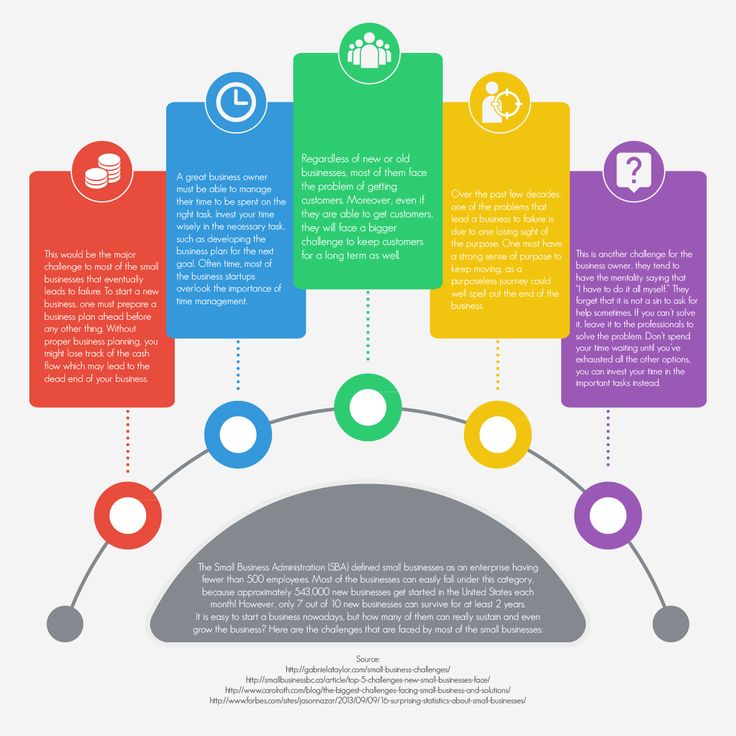
5. Music games. Helps develop speech breathing, teaches to pronounce vowels and clearly consonant sounds. The development of speech is facilitated by short songs with the repetition of syllables, toys that reproduce the sounds of animals, musical instruments (the child is asked to say the name of the instrument and reproduce the sounds it makes).
6. Finger games. This is an image of various stories, fairy tales, poems with the help of fingers. Such exercises help to activate the speech center faster. In finger games, hand movements are used (clapping hands, lowering and raising palms, extending and bending fingers). The most famous finger games are "Flew Geese", "Okay, okay."
7. Articulatory gymnastics for speech 1 year old child is aimed at developing the mobility of the speech organs. It includes exercises for the cheeks, tongue, lips, facial exercises. Exercise examples:
- Grimaces.
